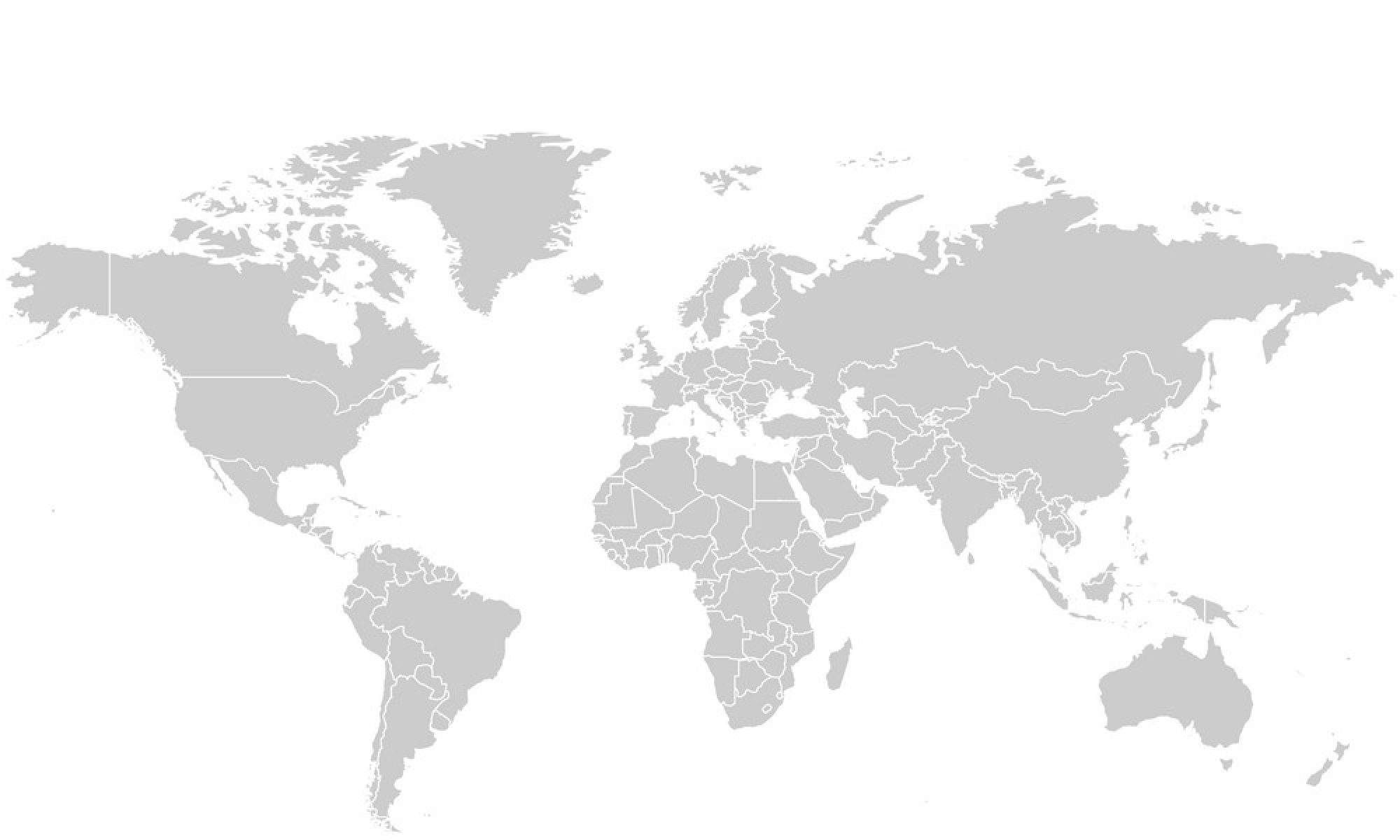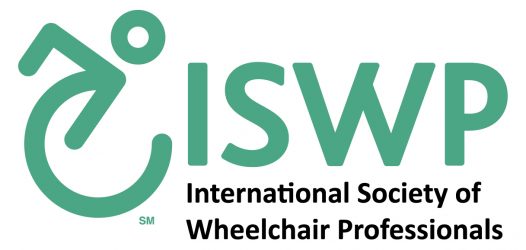Description: The International Society of Wheelchair Professionals, henceforth referred to by the acronym ISWP, has developed the following data management plan for all data collected.
Background: The following data management plan was developed according to policies described by Durable Medical Equipment for Peace and Oxfam Responsible Data Policies, as outlined here: https://oxfamilibrary.openrepository.com/bitstream/handle/10546/620235/ml-rdm-instruction-booklet-290317-en.pdf;jsessionid=96E21D62C789491BDC7FEFE8713B79F6?sequence=1
Policy:
- Right to be counted and heard:
- ISWP will make every effort, when possible, to include vulnerable groups (e.g. women, minorities, and persons of lower socioeconomic status) in data collection. Markers (e.g. gender) of these vulnerable populations will be collected so that data can be disaggregated by relevant categories.
- ISWP will make every effort, when possible, to include marginalized populations.
- ISWP will ensure data accuracy and update data that is updated, where appropriate.
- ISWP will communicate results of data collection to the surveyed population and the public, when appropriate, through reports, manuscripts, etc.
- Right to dignity and respect:
- ISWP will collect data in a manner that is culturally and contextually appropriate including, but not limited to, translations, culturally and contextually appropriate terminology, and local survey collectors.
- ISWP will respect and abide by laws governing data collection in the country where data is collected, analyzed, and published.
- ISWP will consider the following questions when planning data collection to avoid excessive burden on participants:
- What data is needed and why?
- How will data be used?
- How can we collect the minimum data required?
- Right to make an informed decision:
- ISWP will gain informed and voluntary consent from each research participant, including a statement of purpose for the data collection.
- ISWP will only use data for the stated purpose(s).
- All participants will be free to give or not give consent. None will be induced or experience negative consequences for not participating.
- All participants are free to withdraw involvement at any stage.
- If the data collection involved minors, ISWP will get approval from the child and his or her parents or guardians, unless inappropriate to do so (according to the UNICEF policies).
- ISWP will gain consent based on transparent and accurate assessment about the use of data and the context. If either changes, re-consent will be obtained where possible.
- Right to privacy:
- ISWP will not discuss or share data with any unauthorized persons, as stated in the informed consent.
- ISWP will work to minimize the collection of personal data, and when collected will be collected and stored separately from other data, unless otherwise stated in the informed consent.
- ISWP will limit access to data records with personal information and store them securely.
- ISWP will anonymize data before sharing publically and/or with the surveyed population, unless otherwise stated in the informed consent and doing so does not put participants at risk.
- Right to not be put at risk:
- ISWP will not collect non-essential information that could put respondents at risk, unless providing clear justification and a management plan for mitigating risk.
- ISWP will ensure data collection and totality of data lifecycle have no negative consequences for participants.
- ISWP will store high-risk data securely.
- ISWP will use personnel with appropriate training and experience to approach sensitive topics.
*These guidelines have been adapted from the Oxfam Responsible Data Policy, which can be accessed here in English, French, and Spanish.

